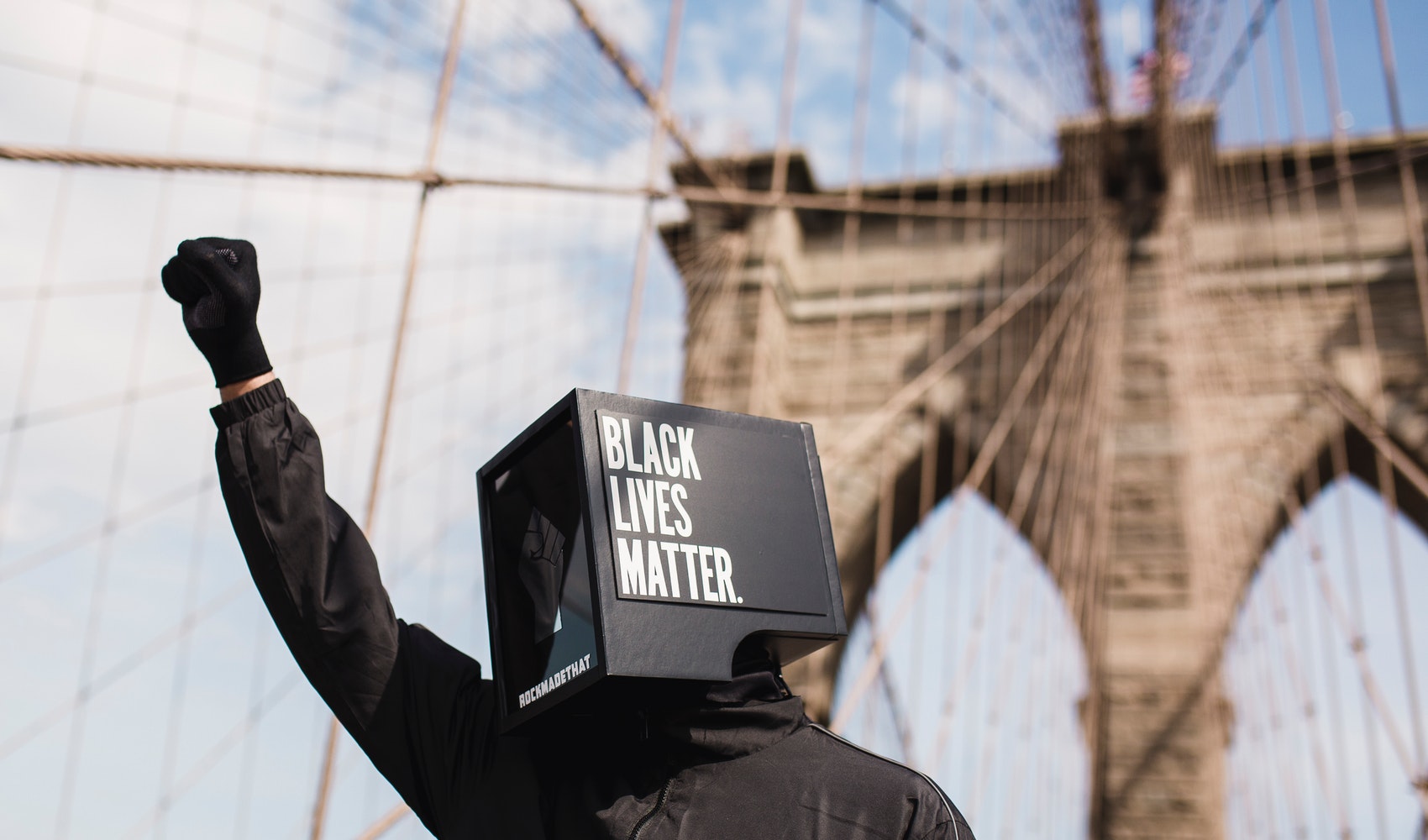As play resumed across makeshift spaces for basketball matches to be restarted and televised, a prominent, familiar phrase takes center stage next to the NBA logo — ‘Black Lives Matter’.
Merchandise of players that were often trademarked by their last names, instead carried much more weight, with powerful phrases that have accompanied the uprising against systemic racism within the country, and the world.
It is paramount that the NBA wants to tackle social injustices, but how effective are its vessels, and to what extent is this pursuance translated to actualisation?
Sport, by many sociological standards, has and will always be a repository for injustices and transgressions. Many can recall the antics of Colin Kaepernick during the playing of the national anthem as an immense paradigm reconstruction towards a conversation that has long been seen as a necessary uprising.
Whilst many sporting bodies have scurried to necessitate a message that has recently taken millions to the streets for protests, when it comes to the matter of sport, basketball is plausibly the location that’s been championed as the capital fort for peak change.
Basketball is chiefly consumed by ethnic minority fans, with two-thirds of those tuning in being non-white. Race has always surrounded the hoops.
The league seems fervent on tackling the conversation straightforwardly, but its arguably the players themselves that have always embodied this notion of inequality even before they make it ‘pro’, especially when the odds are stacked against them inordinately.
“Growing up poor and with few opportunities, sports are one of the few ways young black men, especially, can conceive of success,” says Rasheed Wallace, the youngest of three sons of a single mother who grew up in inner city Philadelphia, told BBC.
Wallace played for 2004 champions Detroit Pistons, and speaks of the uphill plight that’s set from the get-go.
“You see a lot of black parents getting on their kids, no matter (whether) it’s football, basketball, baseball or any sport. It’s like, ‘look — this could be our ticket out of here.”
“There’s a standard you have to live up to. And for us, being black kids in the ghetto, we know that. That if I can make it, I got a chance to make it better for my family.”
Detrimentally, it is reality that their success on court does not translate to the lens of which society views a black man when the dunks come off.
George Floyd, a towering Texan who was 46 when he was killed, and Stephan Jackson, 42, shared physical traits so alike they labelled themselves as twins.
“Today, one has an NBA championship ring and network sports podcast, and the other is dead.”
Former Minneapolis police officer Derek Chauvin has since been charged with second-degree murder and manslaughter in relation to his death, along with other officers involved with aiding and abetting his murder, their trial to take place in March 2021.
Deservedly, many share the same suspicions as Jackson regarding the league’s social efforts, which indeed do not mirror the sentiments of the realities of the situation.
While three-quarters of professional NBA players are black, only a single team, out of 30, has a black majority owner. Currently, there are only 6 black general managers in the game.
What’s excruciatingly clear too are the participants of the game, their fans, the pundits, notable public influencers, and even to an extent players themselves, who do not believe in harnessing the power of sport for change.
Popular right-wing news anchor Laura Ingraham quipped “Shut up and dribble” when LeBron James was famously critical of Donald Trump’s publicly racist attitude in 2018.
As 71-year-old Spurs coach Gregg Popovich grimly puts it, there is a sense of pragmatism when it comes to social shifts in the game.
“Fans are like any other group of people — some will get it, some will understand, some will just enjoy the games and move on,” he says.
As a form of entertainment via competition with a hefty influence on social messaging, sport can mirror the grunge realities and unsavoury shenanigans of its time.
It is time, then, that the realities of being black, or of colour, are properly enshrined, and with vigour, to challenge status quos, America’s ‘original sin’. For many, being political, like the colour of their skin, is not a choice.



























